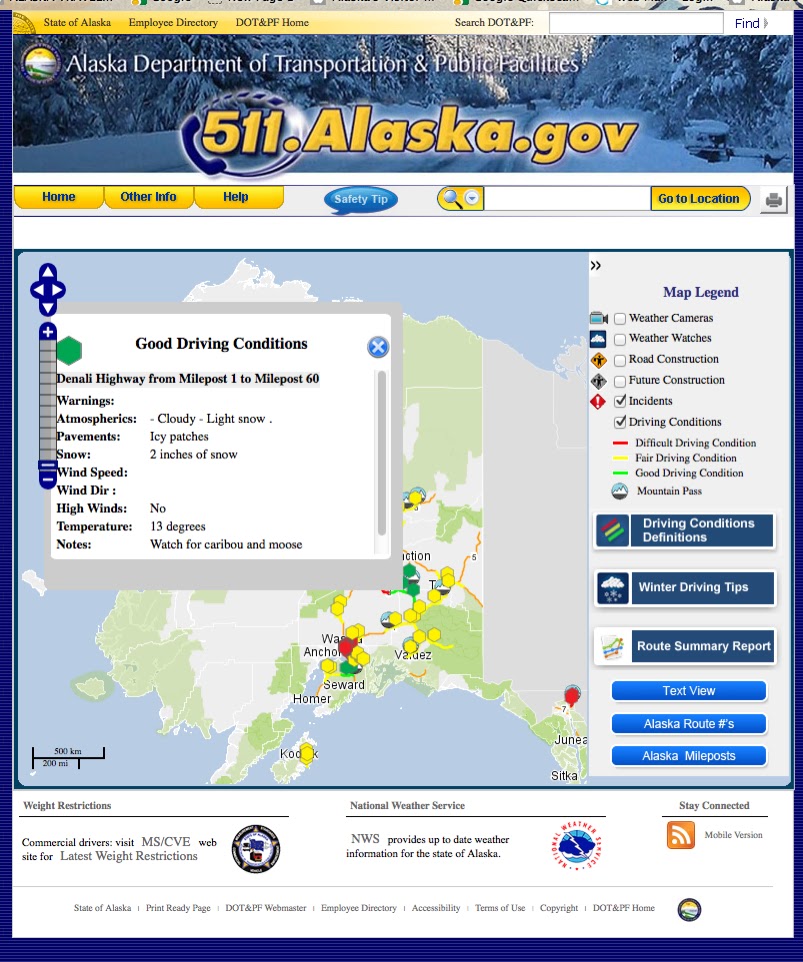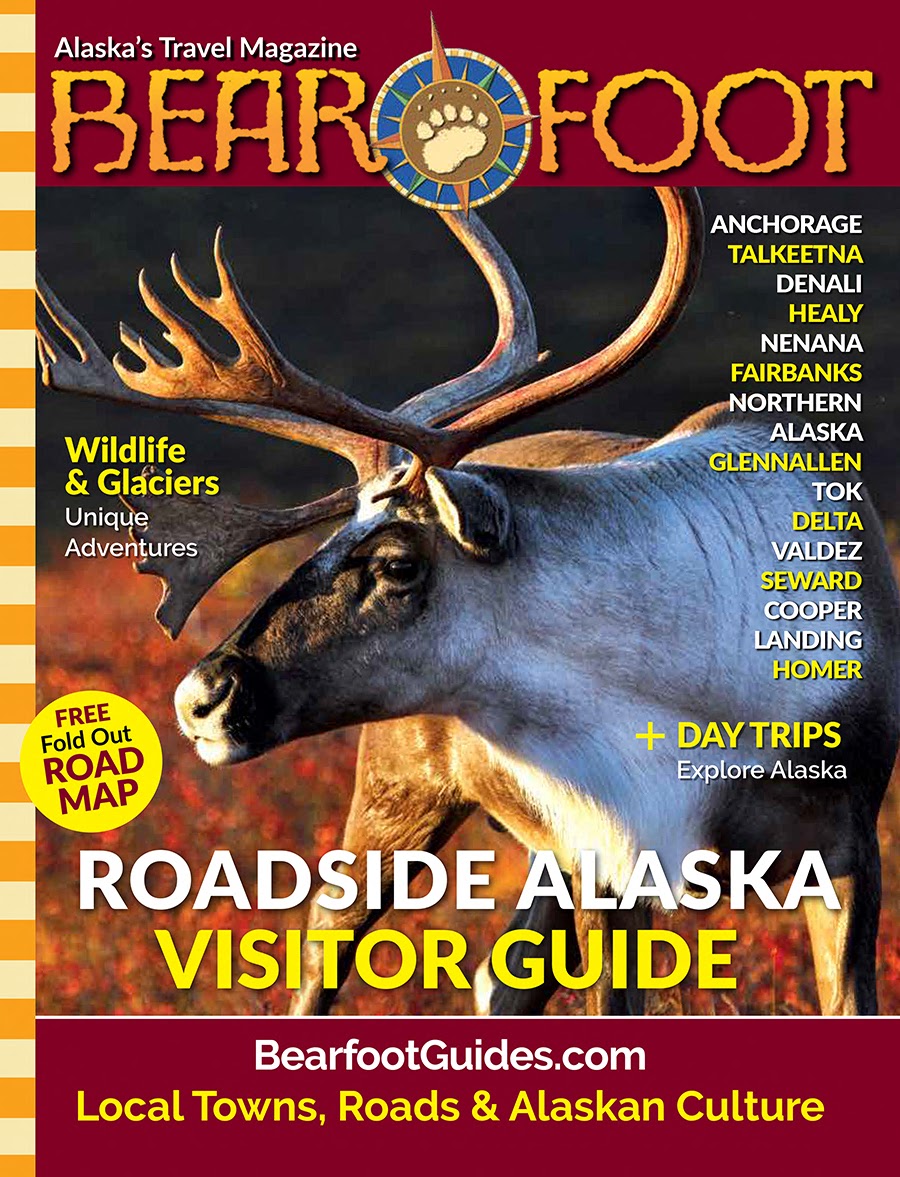Statewide Lack Of Snow Leads To Warnings Of Early Fire Season In Parts Of Alaska
FROM THE ALASKA BEACON Lack of snow prompts early start to official fire season in Alaska’s southern regions BY: YERETH ROSEN - MARCH 7...
FROM THE ALASKA BEACON
Lack of snow prompts early start to official fire season in Alaska’s southern regions
Responding to the lack of snow across Southcentral Alaska and other regions, state officials on Thursday ordered an early start to the official fire season.
Instead of the usual start date of April 1, the fire season will be in effect as of March 17 in Southcentral Alaska, Southeast Alaska and much of Western Alaska, the Alaska Division of Forestry and Fire Protection announced. That means that permits will be required for any burns conducted on state, municipal or private lands in the designated areas, which stretch from the Southeast Panhandle to the eastern Aleutians.
The state forester “has determined that weather conditions including warm temperatures and low snowpack across specific areas of Alaska raise the risk of wildland fire ahead of the statutorily designated fire season,” the order said.
The order follows a forecast issued on Monday by the National Interagency Fire Center that warned of “the potential for a busy start to the fire season across much of southern Alaska.”
Alaska’s official fire season start date of April 1 was set in 2006, after the record-high fire season of 2004 and a near-record season the following year. Up to then, the start date was May 1.
As Alaska has warmed over the past four decades, the state’s annual wildfire season has been stretched over a longer period, according to scientists at the University of Alaska Fairbanks. Big fire seasons have also become more frequent over the past decades.
The early start to the official fire season does not affect Interior and northern Alaska, which have plenty of snowpack for now. The very large wildfires that are common in places like Interior Alaska generally start with lightning strikes that start around midsummer.
But in Southcentral Alaska and Western Alaska, lack of snow has set up conditions for human-caused fires burning early in more heavily populated areas, said Rick Thoman, a scientist with the Alaska Center for Climate Assessment and Policy at UAF.
“The concern is not that there’s going to suddenly be a million-acre fire in the Susitna valley,” he said.
What is worrying, he said, is the risk that an errant spark or other form of ignition could start a dangerous fire near or in communities. Such fires do not have to be big to harm people, he said. “They could be small but deadly,” he said.
In anticipation of such fires breaking out early, the Division of Forestry and Fire Protection has also been preparing its own people and equipment earlier than normal, said Lily Coyle, a division spokesperson. Those preparations include wildland firefighter training and drills, as well as the positioning of resources, she said by email.
Still, people living in the affected communities should be cautious during this snowless period, Coyle said.
“All of the fires we respond to in the spring are human caused. Firefighters stand ready to protect communities, but we need every Alaskan to help by preventing human-caused fires,” she said.

















